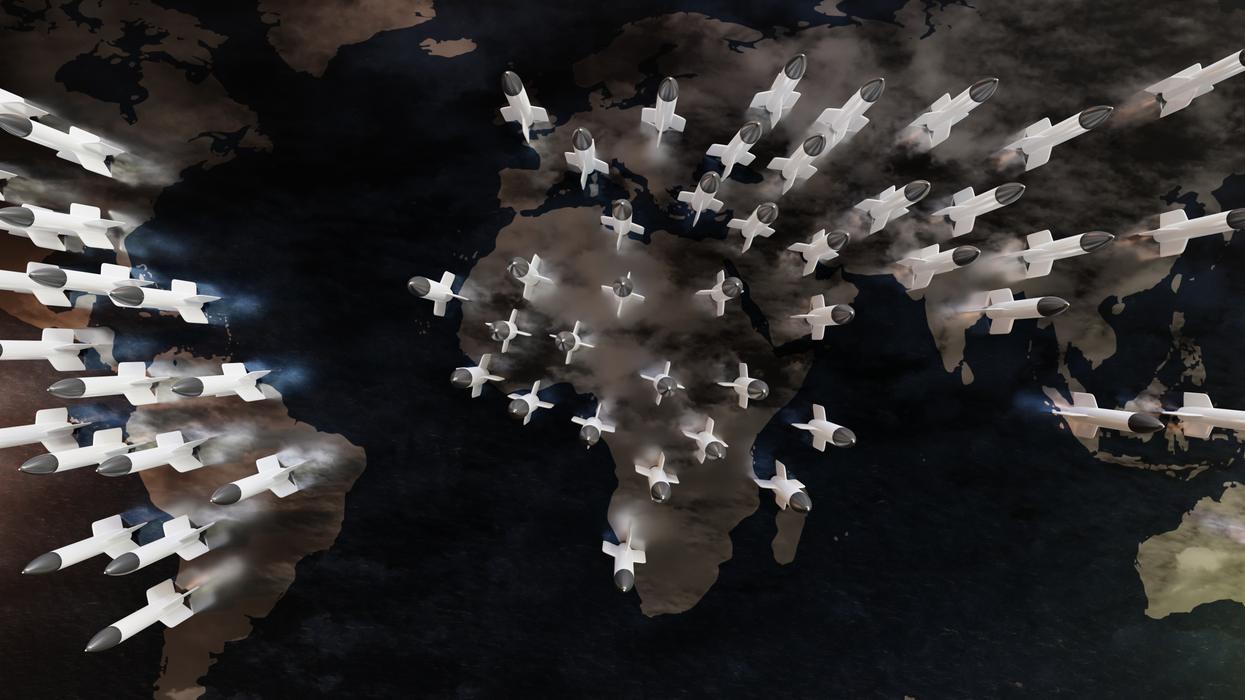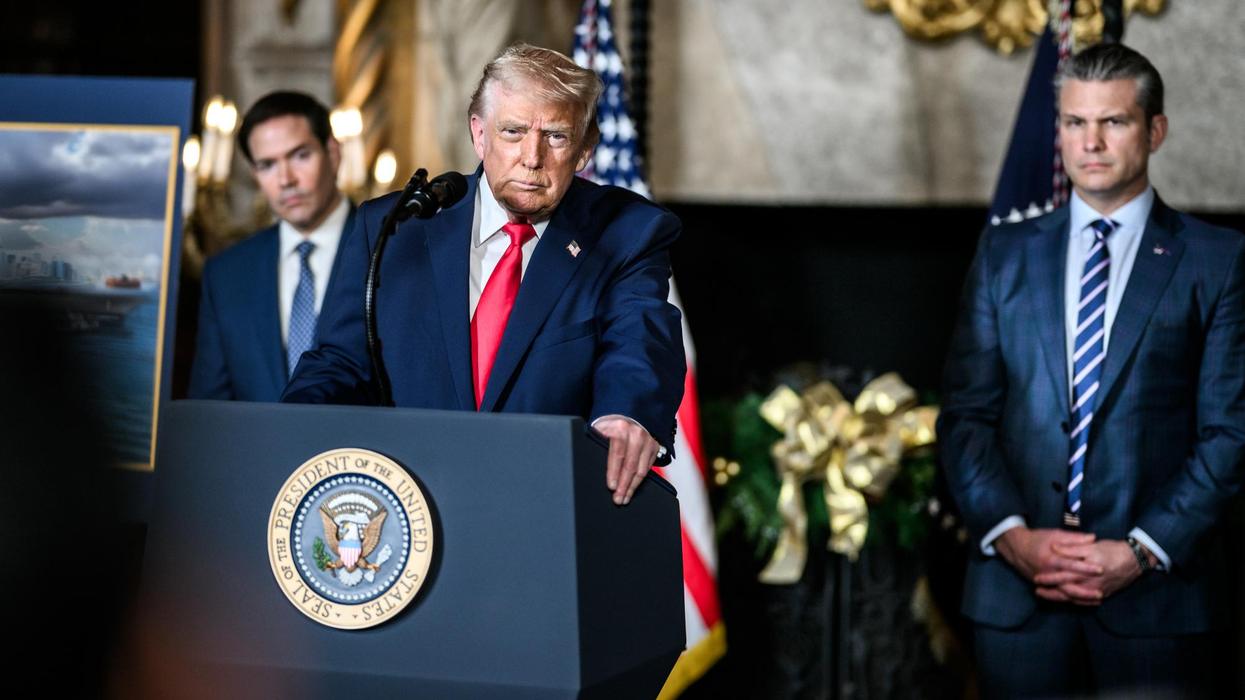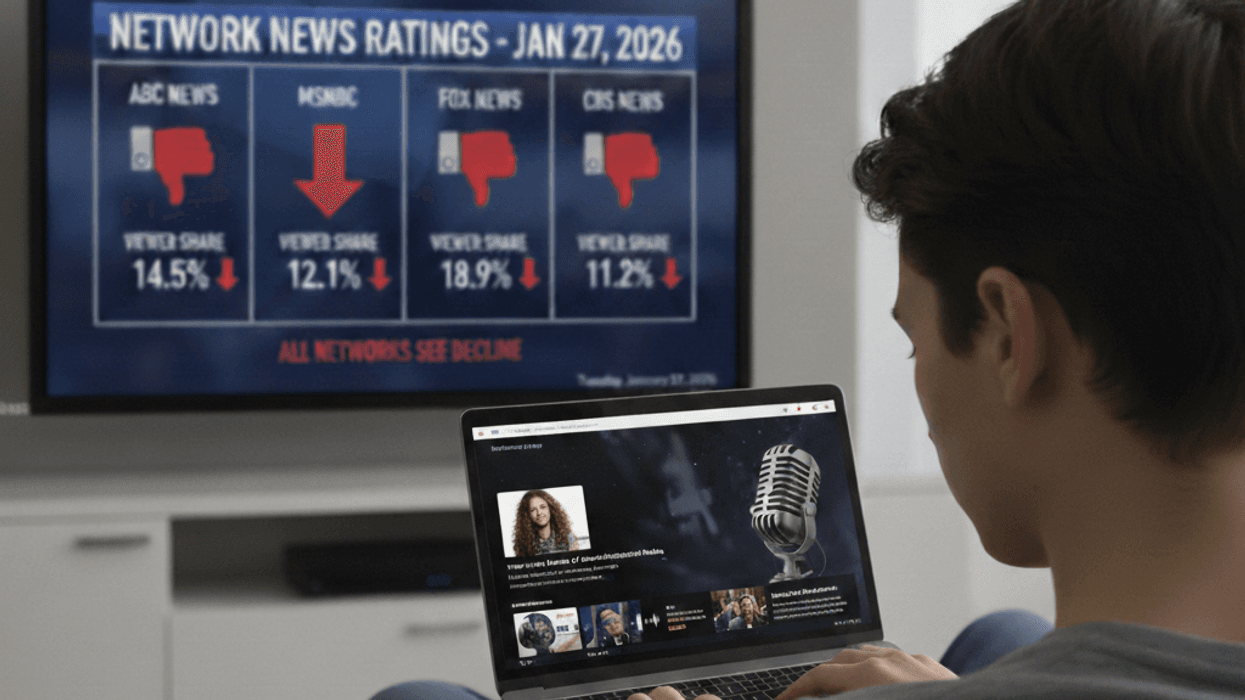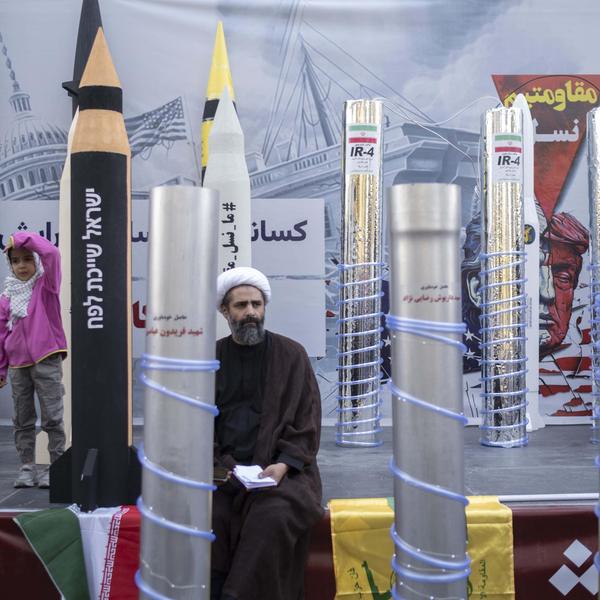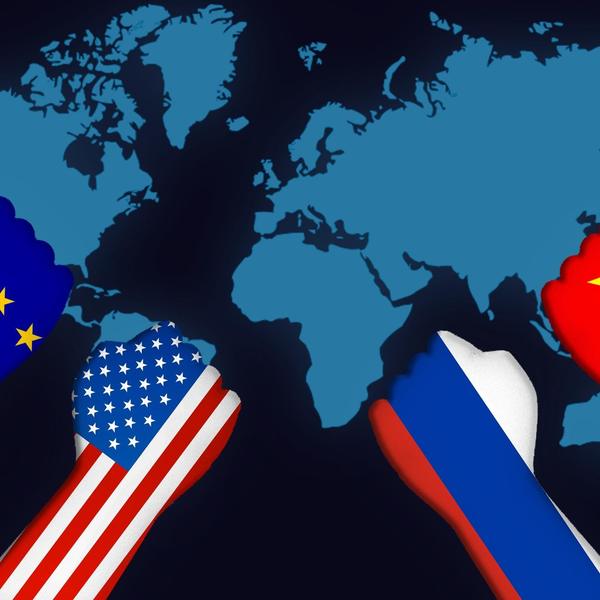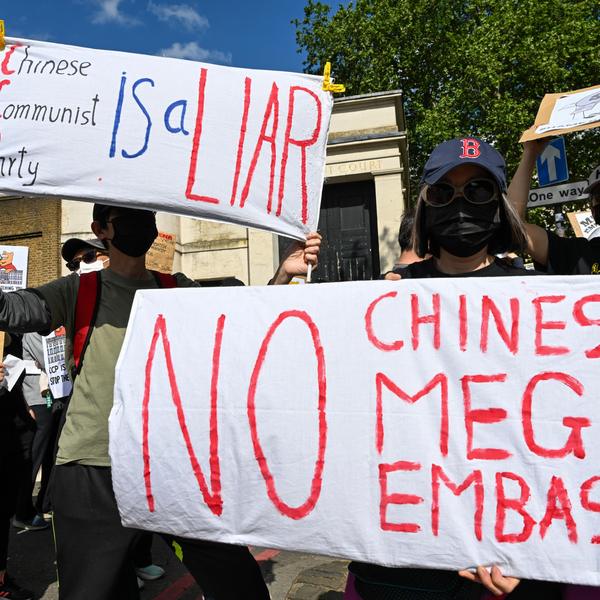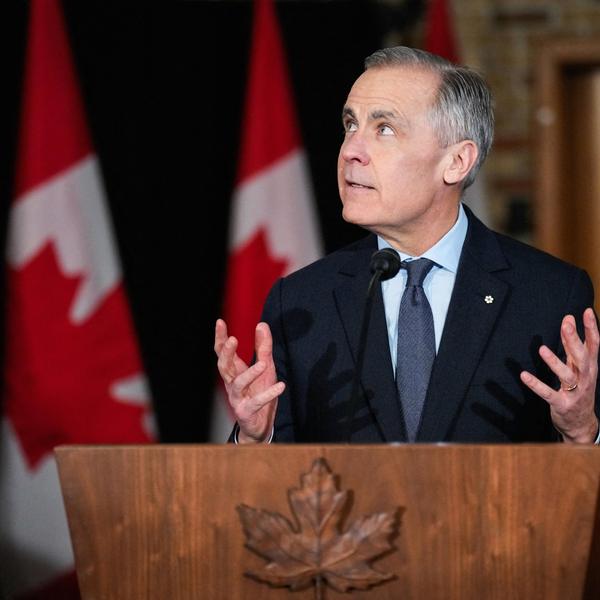Part of the so-called Washington swamp is the opacity of the funding going to powerful think tanks that provide policymaking expertise to Capitol Hill, to White House staff, and to agencies, including the Pentagon and State Department. It is no secret that the think tanks that have an outsized influence on foreign policy and national security affairs receive grants from the government to conduct studies and research to the tune of millions of dollars a year. Meanwhile, these organizations get tons of funding from the military contractors who stand to benefit from those reports and research in support of American war policy.
Foreign governments, too, are plowing millions into think tanks in hopes to influence the direction of policy their way.
Not only do think tanks generate a lot of paper but their experts write op-eds, they testify before Congress, they are called upon by reporters and producers to give their take on policy and world events — like the wars Washington is currently funding with American money and weapons — all over the information landscape. In short, they help shape perception and manufacture consent.
Oftentimes, whether in the hearing room or in the media, these experts' connections to government, industry, or foreign backers, is never disclosed. Doesn't the American public have a right to know who is paying for these experts? A new Think Tank Funding Tracker built by the Democratizing Foreign Policy program at the Quincy Institute is for the first time putting that information at your fingertips.
"Folks outside the Beltway aren't aware how many conflicts of interest there are in the foreign policy expert they are hearing from," says program director Ben Freeman, who co-wrote an accompanying report to the tracker's release today. "The American public has the right to know who is funding the experts they are seeing on TV, who they are hearing on the radio."
Check it out: you can search by think tank (among the Top 50), specific defense contractors or foreign government, and cross search and filter as much as you want. Top recipient of foreign money? Atlantic Council ($20.8 million over five years). Top recipient of Pentagon dollars? Atlantic Council ($10 million). Government funding? RAND ($1.4 billion), followed by the Wilson Center ($51 million over the last five years).
Is the tracker complete? Unfortunately not, because not every think tank discloses its donors in annual reports. This is true for the American Enterprise Institute, which has a robust foreign policy and national security portfolio and has pursued a neoconservative, American primacist worldview for decades. In fact, over one third of the top foreign policy think tanks in the U.S. publicly disclose little or no information about their funding. The database also provides rankings for transparency.
Nick Cleveland-Stout, junior researcher at the Democratizing Foreign Policy program, said this is set up to be a resource for journalists and the public alike. He also notes that "almost all of the top foreign policy think tanks are reliant on funding from defense companies and foreign governments, which can lead to sympathetic policy recommendations and even outright censorship in some cases." It's not illegal, but it is harmful if there is no transparency. Let the people decide.
"It should be common practice for a journalist to mention a relevant conflict of interest when quoting a think tanker, or for a policymaker to know who is funding an expert witness," said Cleveland-Stout. "With the creation of this database, they can go to our website and track down that information. Or, if our website notes that the think tank does not disclose any funding information, that might warrant raising some red flags."
(Video by Khody Akhavi)
- New report shows more than $1B from war industry and govt. going to top 50 think tanks ›
- New Report Details $174 Million in Foreign Funding to D.C. Think Tanks ›
- Debate: Federal funding fuels failing foreign policy hive mind | Responsible Statecraft ›
- Will Defense Policy Board continue to be a refuge for the Blob? | Responsible Statecraft ›


